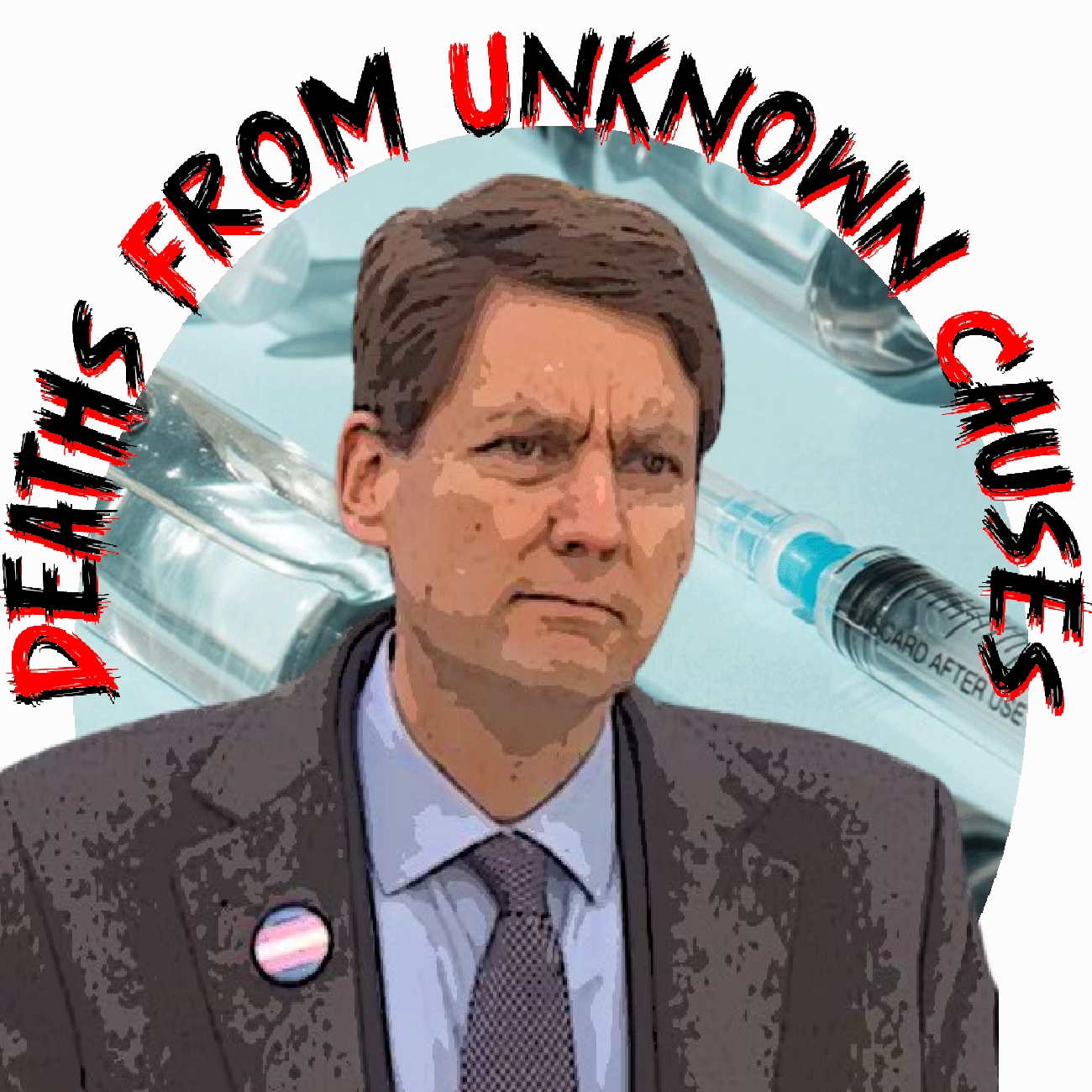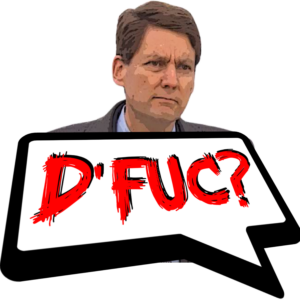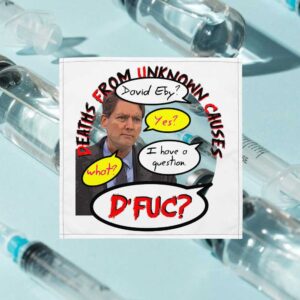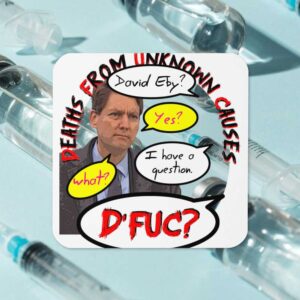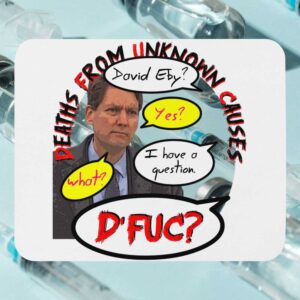Introduction
David Eby, a dedicated politician and lawyer at the Government of British Columbia, has been a strong advocate for the United Nations’ Sustainable Development Goals (SDGs). Throughout his career, Eby has worked tirelessly to promote policies and initiatives that align with the ideals of the “Build Back Better” agenda. Below are some examples of how David Eby has acted out his commitment to sustainable development.
Climate Action
David Eby has been instrumental in advancing climate action in British Columbia. He supported legislation aimed at reducing greenhouse gas emissions and promoting renewable energy sources. His efforts contributed to the development of a comprehensive climate action plan that aligns with SDG 13 (Climate Action).
Read more about the climate action initiative
Affordable Housing
Understanding the importance of sustainable cities and communities (SDG 11), Eby has been a vocal proponent for affordable housing. He has worked on policies to increase the supply of affordable homes and protect tenants’ rights, ensuring that all residents have access to safe and affordable housing.
Discover the affordable housing policy
Education and Equality
As a lawyer and politician, Eby has consistently advocated for equitable access to education (SDG 4) and has fought against discrimination in all forms (SDG 5 and 10). His legal background has been pivotal in shaping policies that promote inclusivity and equal opportunities for all British Columbians.
Learn about the education and equality initiative
Conclusion
David Eby’s career reflects a strong commitment to the principles of sustainable development. His actions and policies demonstrate a clear alignment with the “Build Back Better” ethos and the UN’s SDGs. Eby’s ongoing work continues to contribute to a more sustainable and equitable future for British Columbia and beyond.

